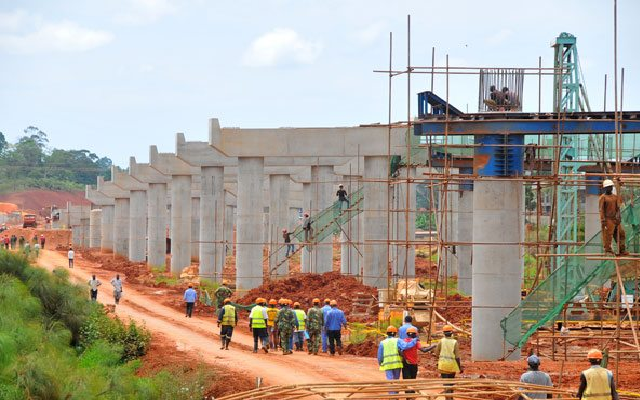- Address bottlenecks of project preparation
Urgently address three key bottlenecks identified as resulting in stagnation of investment preparation, financing and implementation especially for water and sanitation infrastructure:
- The need for investment guarantees in project finance for large water and sanitation infrastructure, with long term investment returns of 15 – 25 years.
- The need for independent, integrated, inclusive economic, social analysis to fully understand the role of water in the economy and prioritize focus areas and investments most urgently required to facilitate growth and employment;
- The need for transaction management across all stages of the project cycle, to enable effective translation of development planning to ‘on the ground’ physical infrastructure assets that will contribute to sustainable growth and shared prosperity
AIP activities will harness expertise of the private sector and work with the public sector to ‘unblock’ constraints in preparation of priority employment orientated-water investment projects and support the efficient execution of the legal, technical, procedural and managerial functions required to implement large water investment projects.
The programme will address key challenges constraining Africa's efforts to prepare bankable projects at a scale required to assure water, food and energy security and play a transformational role in global efforts to expand economic opportunities for the poor and curtail political, governance, economic and social factors underlying unemployment, migration, displacement, regional and national security.
Building on existing regional and country water partnerships, AIP will strengthen and promote innovative public private partnership models to unlock private sector investments in water, energy and agriculture as key pillars of Africa’s growth and job creation agenda.
The programme will leverage partnerships to enhance water security and sustainable sanitation through evidence based economic social and gender analysis and build capacity for transaction management in project preparation of targeted employment creation investments for the poor, vulnerable women, girls and the youth.
2. Urgently scale up water investments
The investment requirements for the water sector in Africa are not only obvious but are also mounting to achieve the SDGs. Despite availability of investment project lists at continental, regional and national level backed by express strong political will and funding available public and private finance, the actual pace of investment in the sector in Africa remains very slow, hampering progress needed to achieve the continent’s SDG targets.
3. Strengthen the business case for water investments, leadership, institutions, knowledge and information
Double the financing and investment for water infrastructure and accelerate efforts to improve the enabling environment for investment. In particular, fast-track interventions to strengthen leadership, the business case for water investments and strong institutions.
4. Leverage Innovative public-private partnerships in transaction management of project preparation
Strengthen and promote innovative public-private partnerships to address bottlenecks and critical gaps constraining project preparation and financing. The cycle of large investment projects includes a well-established set of steps from conceptualisation, investigation, planning and design through to implementation and maintenance. Whilst the project preparation cycle appears to be logical and sequential, there is a great deal of complexity involved in ensuring systematic execution. This represents a key area of weakness in the public sector.
Examples abound at national, river basin and regional levels where all the ingredients are present - agreed programmes, secured funds and political will – but still no progress is made towards turning planning and strategies into tangible solutions for economic growth, job creation and development. One of the major reasons for slow pace of infrastructure delivery is the absence of transaction management skills and experience.
5. Empower women, youth, promote gender and social inclusion
Africa’s population is young, with more than 40% below 15 years in most countries, a large proportion of which is unemployed.
Women and youth have been systematically disadvantaged at all levels of decision making adversely impacting women and girls’ wellbeing.
Workforce opportunities and development outcomes within the home and community, persistently hold back women empowerment limiting society and nations from achieving full economic potential. Youth contribute the majority of the population, yet they face challenges of prevailing and rising unemployment.


